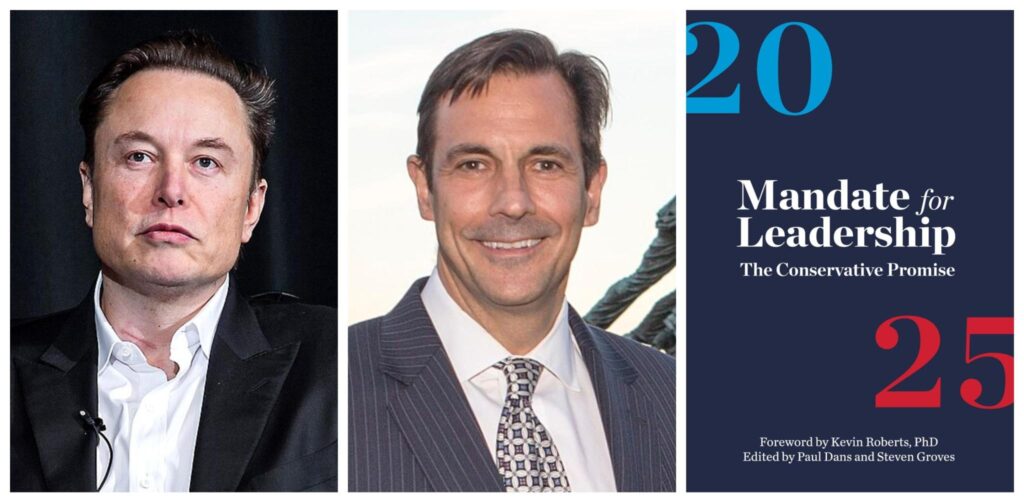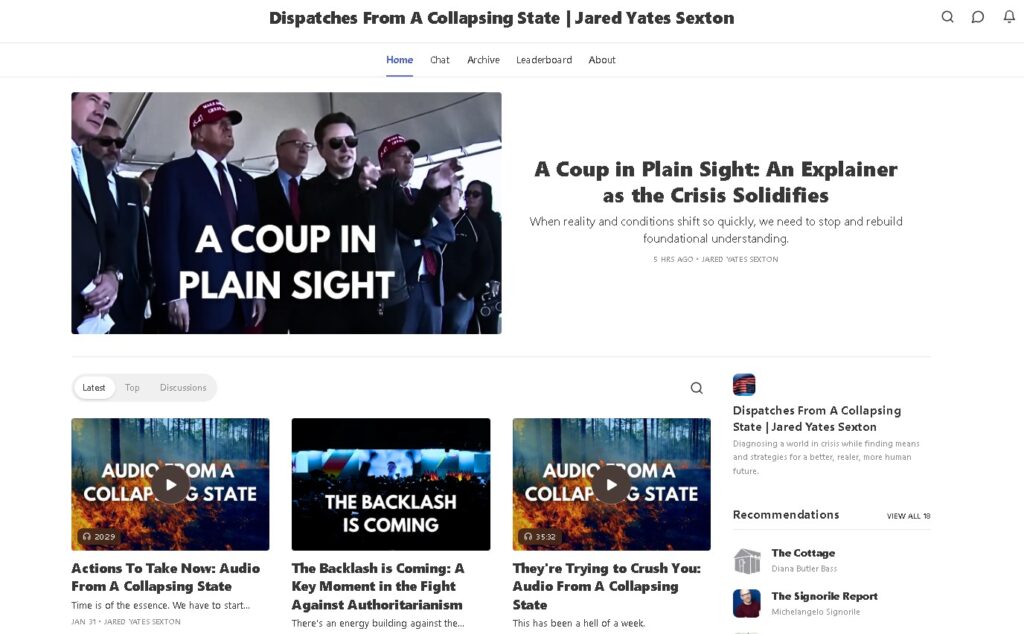EVER heard the one about climate scientists being a bunch of rent-seekers just out to chase taxpayers money, or the one where climate change scientists are just part of an elite left-wing conspiracy out to trample on the heretics?
How about your nearest conservative columnist telling you that “green is the new red” or how climate science and environmentalism has become a new religion?
Where do these rhetorical tricks and debating points actually come from? How does the echo chamber work?
In Australia, a new study has found these themes often don’t spring forth from the minds of insightful and thoughtful newspaper columnists and bloggers.
Rather, many have emerged from the free-market think-tankery of Australia’s The Institute of Public Affairs, which has been muddying the waters of climate science for more than 20 years.
Published in the international peer-reviewed journal Journalism Studies, the author, University of Technology Sydney PhD candidate Elaine McKewon, reveals how popular rhetorical “fantasy themes” which aim to create controversy around climate science are conceived at the IPA before being repeated, magnified, endorsed and legitimised in the opinion pages of Australian newspapers.
This analysis shows that the Institute of Public Affairs, an Australian neoliberal think tank, has used its access to the media as a news source to influence the public discussion on climate change in Australia. The rhetorical vision expressed by the IPA is one of hostility towards climate scientists and the scientific consensus on climate change; the IPA’s hostility is based on its opposition to proposed government regulations aimed at reducing greenhouse gas emissions.
McKewon examined articles from three different sets of data to draw her conclusions.
First, she analysed the archives of the think-tank’s magazine – The IPA Review – between 1989 and 2009. The year 1989 was chosen because according to the IPA’s current executive director John Roskam, this was the year when the magazine first began to discuss climate change policies.
Second, McKewon then used a database of newspaper articles to find editorials and opinion articles on climate change published between the same years.
For a third dataset, McKewon looked particularly at how the IPA and other opinion writers had represented climate science denier Professor Ian Plimer’s book Heaven + Earth, which the IPA helped to promote (Roskam is on the editorial board of the book’s publisher Connor Court, which also published Professor Plimer’s 2011 follow-up, How To Get Expelled From School: A guide to climate change for pupils, parents and punters)
Across the three searches, McKewon found there were nine recurring themes which had been propagated by the IPA and then repeated by columnists and opinion writers.
These themes were split into two categories. Under the first category “A Plea for Scientific Truth” four themes had been developed.
These were “climate scientists as rent-seeking frauds”; “climate scientists as dissent-stifling elite”; “Plimer as Galileo” and “Plimer as the People’s Scientist”.
A second category – “Religious, Political and Economic Conspiracies” – found a further five themes: “climate science as religion”; “environmentalism as religion”; “climate science as a left-wing conspiracy; “green as the new red” and “climate change mitigation as money-spinning scam”.
McKewon’s paper goes on to provide examples of how the “fantasy themes” laid out by the IPA were then parroted by conservative columnists, particularly in the pages of the Rupert Murdoch-owned The Australian. She writes:
The IPA functions as the font of a coherent rhetorical vision for ideologically conservative editors and columnists, who then present themselves as figures of authority to their readers – opinion columnists are people who have ‘‘the facts’’ and the ‘‘right to tell’’.Thus, newspaper editorials and opinion columns which use the IPA’s fantasy themes increase the likelihood that readers will form a distrust of climate scientists, climate science, policies to reduce greenhouse gas emissions and citizens who support those policies. It is a process that is likely to deepen the existing partisan divide over climate policy and climate science.
McKewon is following up her study with an analysis of how talking points conceived by think-tanks are taken up by the public and repeated in “letters to the editor” in regional newspapers.
She told DeSmogBlog in an interview: “These themes are then filtering back into the news media. You can see them as ‘letters to the editor’ or when the public put them up on discussion boards.”
Her study didn’t look at appearances by IPA staff and research fellows in other media, such as television, radio or online. Nor did it analyse how the IPA‘s themes are taken up by politicians.
But IPA members are regular contributors to online platforms including the ABC’s comment and analysis website The Drum and the News Ltd-owned site The Punch.
Researchers and staff are routinely asked to comment on climate policy in mainstream public and commercial television and radio shows, offering “expert” analysis.
McKewon is devoting her PhD thesis to understanding how the scientific consensus on climate change was “reconstructed as a scientific controversy” in the news media.
I hope that people will be able to see how central think-tanks are in the campaign against climate science. It is being maintained, developed and promulgated by neo-liberal think-tanks like the IPA. The reason it is being kept alive is because it is a full-time well-funded PR campaign.
Subscribe to our newsletter
Stay up to date with DeSmog news and alerts







